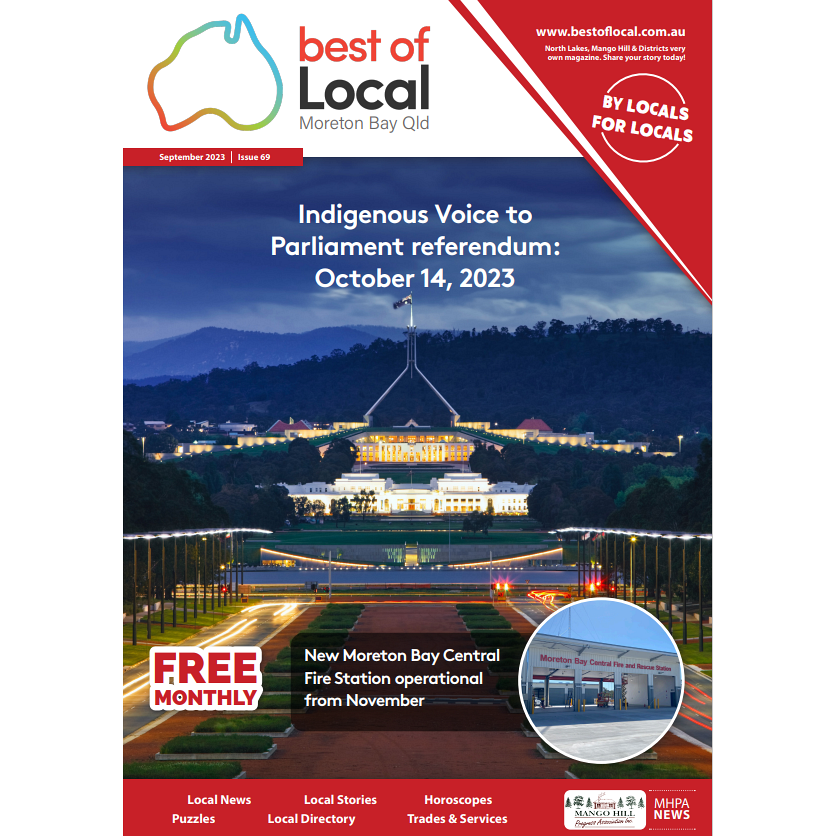The Rules Have Changed on Pre-Nups
0 Picture the scenario – A 67 year old man born in the Middle East but now living in Australia and worth in excess of $18M, courts and convinces a 36 year old non-English speaking Middle Eastern woman to marry and live with him here in Australia. With neither money nor employable skills, the woman and her family are brought to Australia for the wedding and just days before the ceremony, she is presented with a Pre-Nuptial agreement and told – the wedding is off if she does not sign it. With little choice the ‘Pre-Nup’ is signed, the marriage occurs and lasts almost 10 years before it becomes unhappy. Under the ‘Pre-Nup’, the woman receives a pittance if she separates and according to established Australian law, the agreement can only be broken if she can prove it was signed under ‘duress’ meaning a level of pressure akin to a gun put to her head. However, a chance conversation with a hairdresser leads the woman to engage a small town law firm who then pairs up with an aging (semi-retired) barrister, and together, they fight it all the way to the High Court of Australia eventually winning the case and rewriting the law on ‘Pre-nups’ in the process.
Picture the scenario – A 67 year old man born in the Middle East but now living in Australia and worth in excess of $18M, courts and convinces a 36 year old non-English speaking Middle Eastern woman to marry and live with him here in Australia. With neither money nor employable skills, the woman and her family are brought to Australia for the wedding and just days before the ceremony, she is presented with a Pre-Nuptial agreement and told – the wedding is off if she does not sign it. With little choice the ‘Pre-Nup’ is signed, the marriage occurs and lasts almost 10 years before it becomes unhappy. Under the ‘Pre-Nup’, the woman receives a pittance if she separates and according to established Australian law, the agreement can only be broken if she can prove it was signed under ‘duress’ meaning a level of pressure akin to a gun put to her head. However, a chance conversation with a hairdresser leads the woman to engage a small town law firm who then pairs up with an aging (semi-retired) barrister, and together, they fight it all the way to the High Court of Australia eventually winning the case and rewriting the law on ‘Pre-nups’ in the process.
Sounds like the script for a movie?
Well, in scenes highly reminiscent of Darryl Kerrigan in the 1997 classic Australian movie “The Castle”, all of the above played out in the case of Thorne v Kennedy which was decided by the High Court late last year.
For anyone seeking to escape the shackles of an unfair ‘Pre-Nup’, Thorne v Kennedy means it is now no longer necessary to prove that extreme pressure (like a gun to the head) was applied and that instead, in certain circumstances, financial destitution – such as uncertainty as to where the next meal might be coming from – can be sufficient. In coming to the decision, the High Court identified six factors that it said would be relevant in any challenge to any ‘Pre-Nup’:
1. Whether the agreement presented as a “not open to negotiation” proposition;
2. The emotional circumstances in play at the time of signing. For example, a threat to cancel a wedding or an engagement;
3. Whether there was adequate time allowed for careful reflection;
4. The nature of the parties’ relationship;
5. The relative financial positions of the parties
6. The independent advice that was received and whether there was adequate time to reflect on that advice.
All up, a great victory against the odds for the little guy and a big message to anyone thinking to abuse ‘Pre-Nup’ laws to think again!
 Joshua Noble is an Associate at Zande Law Solicitors, Suite 7, Norwinn Centre, 15 Discovery Drive, North Lakes. To contact Josh for advice, please phone (07) 3385 0999.
Joshua Noble is an Associate at Zande Law Solicitors, Suite 7, Norwinn Centre, 15 Discovery Drive, North Lakes. To contact Josh for advice, please phone (07) 3385 0999.
The information in this article is merely a guide and not a full explanation of the law. This firm cannot take responsibility for any action readers take based on this information. When making decisions that could affect your legal rights, please contact us for professional advice.
















